Technology development can take over manual tasks and help increase productivity. In daily life, we may catch a popular scene of a sales rep using computers and mobile devices to serve shoppers in the store. This is considered an innovation in the retail market when merchants started applying POS systems to their daily operations.
POS stands for point of sale and is clearly defined by Investopedia as a place where sales are made. “On a macro level, a POS may be a mall, a market, or a city. On a micro level, retailers consider a POS the area where customers complete transactions, such as checkout counter”.
In the following, we’ll discover the top 9 POS advantages for shoppers and retailers and ways to optimize its performance for more benefits.
The advantages of POS for shoppers
Speed up purchase transactions with quicker responding for better customer service
Technology speeds up everything and POS will do the same for your in-store purchase transaction. The synchronization between devices integrated with POS such as barcode scanners, card swipers, printers, etc. can reduce the time per transaction. Quicker means no longer standing in the queue, and your customers will like that!
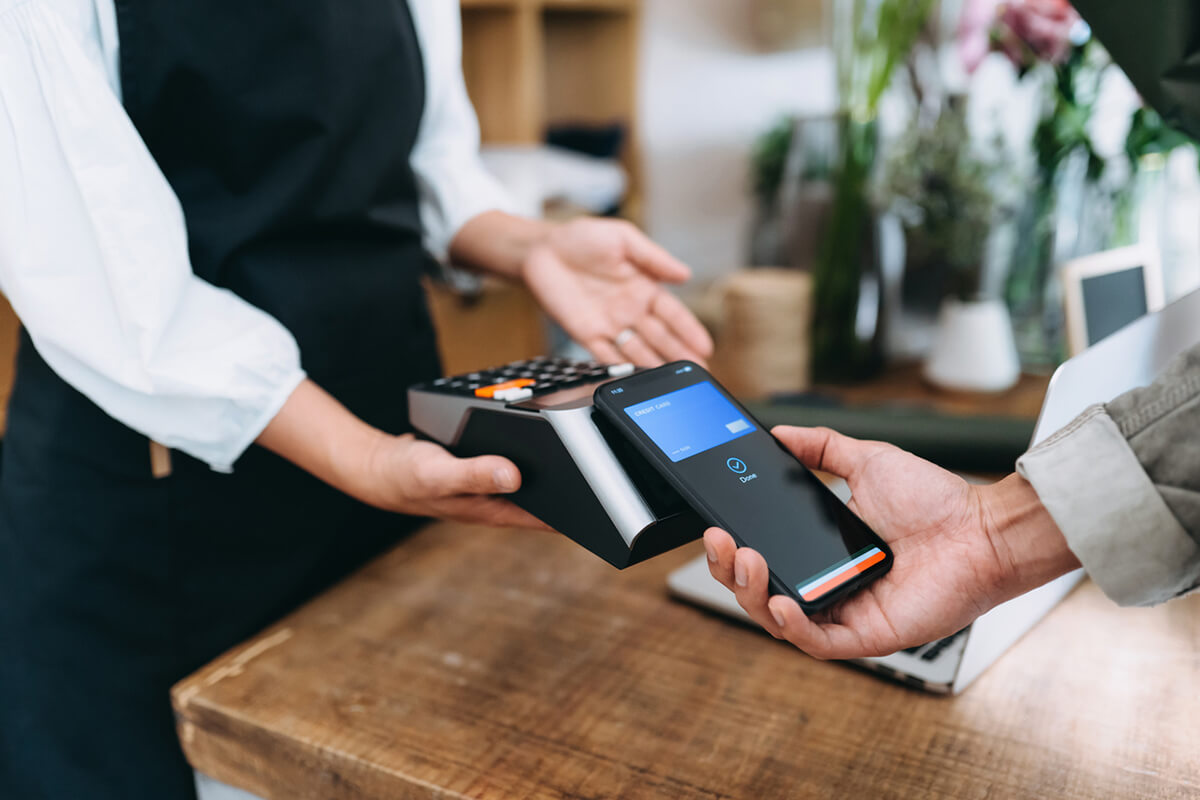
Bring in a seamless shopping experience
A POS system with inventory management and loyalty programs can create a seamless experience for shoppers.
For example, the system can check and update the status of any product in real-time to respond to customers’ actions. Thus, it minimizes the possibility in which shoppers may purchase out-of-stock items.
Besides, a loyalty program integrated with POS could streamline the process of managing and spending reward points. Cashiers can calculate the total discount price and subtract it directly from the transaction value with just a few clicks. No more chance for loss or mistake happens!
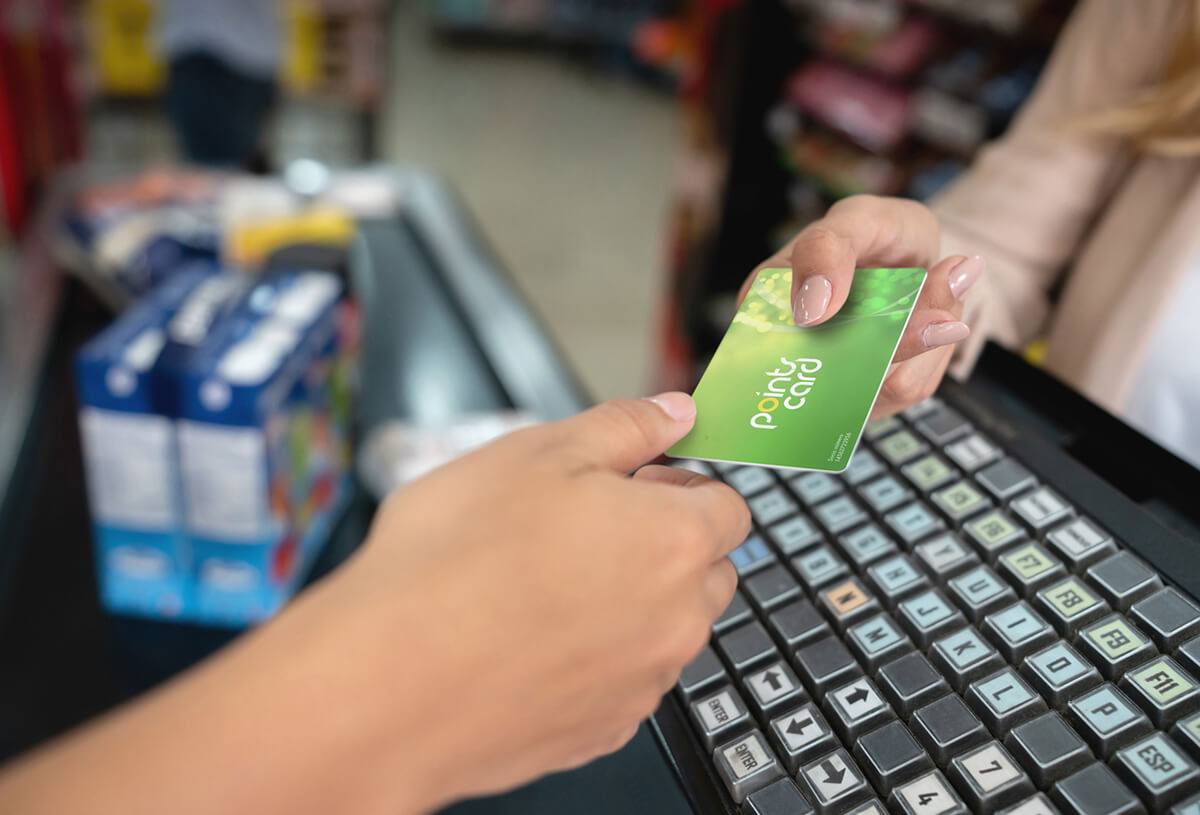
The advantages of POS for retailers
Strengthen efficiency
This is one of the biggest POS advantages in retail when the POS system levers staff’s confidence in many ways. Your people won’t need to memorize the price, the name of the products anymore. The products are now on the POS screen with thumbnail images. Your staff can use smart categories to identify and add products to the shopping cart easily.
And as far as we’re concerned in the previous part, POS can reduce the time per transaction. Thus, your checkout counter could serve more clients per hour. It helps improve potential revenue for stores.
Furthermore, POS can eliminate human errors as most of the manual steps are now done automatically and precisely.
A POS system can integrate directly or indirectly with various retail systems, including eCommerce platforms, accounting software, inventory management, ERP (Enterprise Resource Planning), and CRM (Customer Relationship Management). This integration synchronizes data, providing business owners with a unified view of their business’s health.
For instance, with a POS that integrates with Shopify, business owners can maintain a single inventory for both online and offline stores, as orders from both channels are synchronized to the Shopify backend.
On the other hand, a Magento POS system is integrated with inventory management software, it can connect and sync data from multiple locations to the Magento backend. That saves time for staff in terms of data management and helps them keep track of products in real-time updates.
Besides, the POS can strictly keep track of cash flow and product lifecycle to reduce business loss. Let’s say no to the loss from the shoplifter with POS.

Manage stock at ease
With the traditional register, staff has to physically view inventory while POS supports them to automate checking stock on-screen. Even any adjustment happens, they only have to look at the POS screen. And you’ll save time on stock control at your stores. This second POS advantage will surprise you. Read on for the suprising benefits of the POS and inventory system integration.
Maintain price consistency
If your business owns multiple stores in different locations, the problem of keeping price consistency is worth considering. Don’t worry as POS can help you out. It could access a digital product database to amend the product prices and automatically apply across all business locations.
Track staff’s activities easily
POS system can collect any actions of staff for later checking. Each staff is linked to a specific transaction. Therefore, POS supports managers to identify an individual with weak and strong sales figures. Thus, it’s easier for you to motivate a fair competition in your business.

Optimize checkout process
You can speed up the checkout process by using a barcode scanner. In an eye blink, all information of picked products will go straightly to the system. Next, right on POS, cashiers also access the data automatically and add the transaction info to the customer history. Cashiers can reward shoppers with points to encourage their next purchases based on the total transaction value.
This action takes place when your stores run a loyalty program to keep the customer coming back to your stores. Let’s see how useful a POS is in such a situation. With the functions allowing integration with loyalty programs and various payment gateways, POS can support your stores to better market to clients by encouraging them to use reward points or gift cards to purchase next time.
Generate accurate reports
Based on the history of the store transactions, POS will automatically extract point of sale reports with critical information. This function supports managers in taking overview pictures of their business performance. For instance, reports show current common sales trends or identify the area of unnecessary overspending for managers to take appropriate actions.
Comprehend business ROI (Return on Investment)
With this POS advantage, you’ll get these details:
- The best selling product lines
- The most successful stores and why
- Products with the best margins
- Best sales reps of your team
- Top deals convincing customers to buy
- The best marketing campaigns
- Sales seasons of the year
You then can use the information to optimize the sale process, ordering, and marketing to improve your profit margins.

Top 7 reasons why POS is better than a traditional cash register
If you still wonder about the differences between POS and traditional cash register, here are the top 7 reasons why the former is better than the latter.
Provide faster service than a traditional cash register
Instead of manually completing all checkout steps, you now can use a POS system integrated with other devices such as a barcode scanner, card swiper, printer to facilitate the whole process. They work well together, automatically and precisely. Therefore, it helps your staff reduce time-serving per transaction.
Simplify accounting process
Old fashioned cash registers force accountants to sort through hundreds of receipts. However, POS will create and record its ones in the system for easier checking later.
Cut down on human errors
POS automates multiple tasks to minimize user errors and save time.
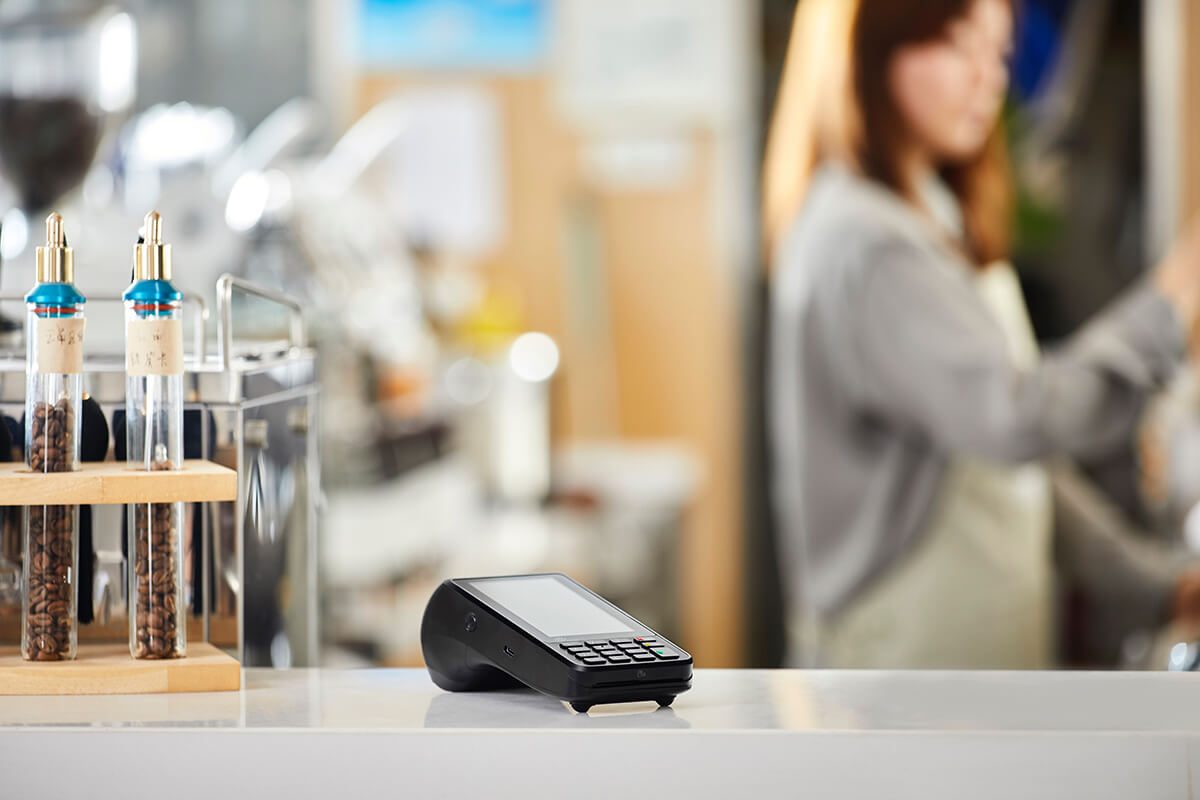
POS includes an overall inventory management system
Instead of physically viewing stocks in stores, you can easily check the product quantities right on the POS screen. Furthermore, POS can record the biggest sellers and reorder those products when the stock gets low.
Give real-time inventory updates
POS has this function while its counterpart doesn’t. It will eliminate a costly hand count and time-consuming steps.
Allow retailers to look up transaction history easier
For example, if staff wants to know how much they had sold the day before, POS can give detailed information in a snap while traditional register takes hours of laborious work to find the same answer.
Create purchase orders, eliminating extra steps
Using POS is quicker and more convenient to know when and what you need to restock to ensure you never run out of hottest selling products.
Read also: 5 best POS systems for food trucks
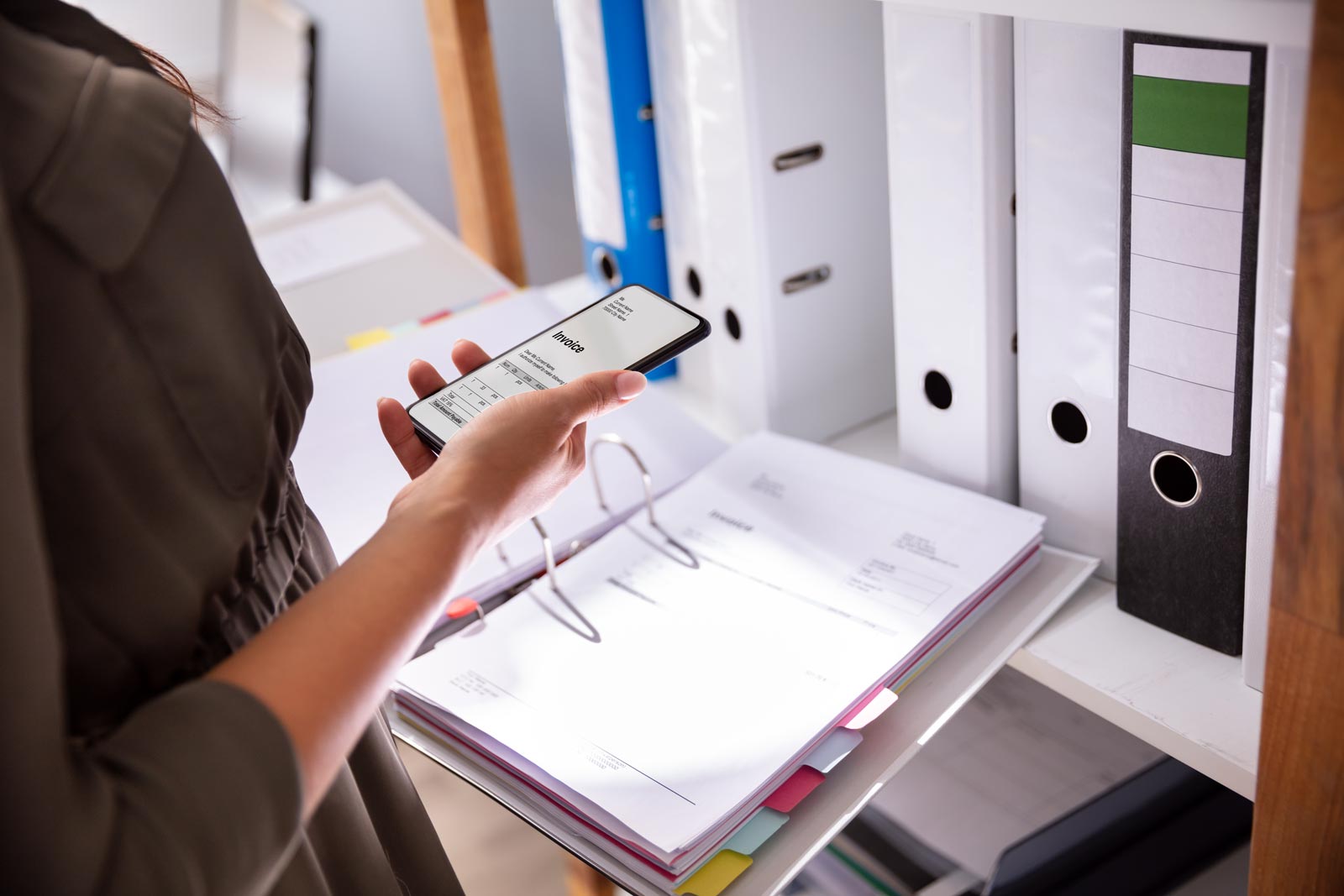
How to optimize POS to obtain more benefits?
POS systems can reach full advantages if users integrate them with other modules to create an omnichannel experience for shoppers.
Omnichannel is a system that connects and syncs online and offline stores to bring in a seamless experience for shoppers. It ensures no matter where shoppers are (in online or offline stores), regardless of devices they use (desktop, phone, or tablet), they will see no difference and can shop conveniently and seamlessly.
To bring in this experience, retailers need an omnichannel system created by connecting various modules, including POS, inventory management, barcode management, multi-warehouse, purchase order management, order fulfillment, dropship, and reports.

Conclusion
We can see that, nowadays, the key to winning customers is customer-centricity. The more convenient for them to shop, the longer they want to engage with you. In the century of technology power, retailers need to update and keep up with the growing trend to stand at the front line of the market. With POS advantages, let productivity grow and thrive!
As you might be interested, see the 6 best POS systems for small businesses here
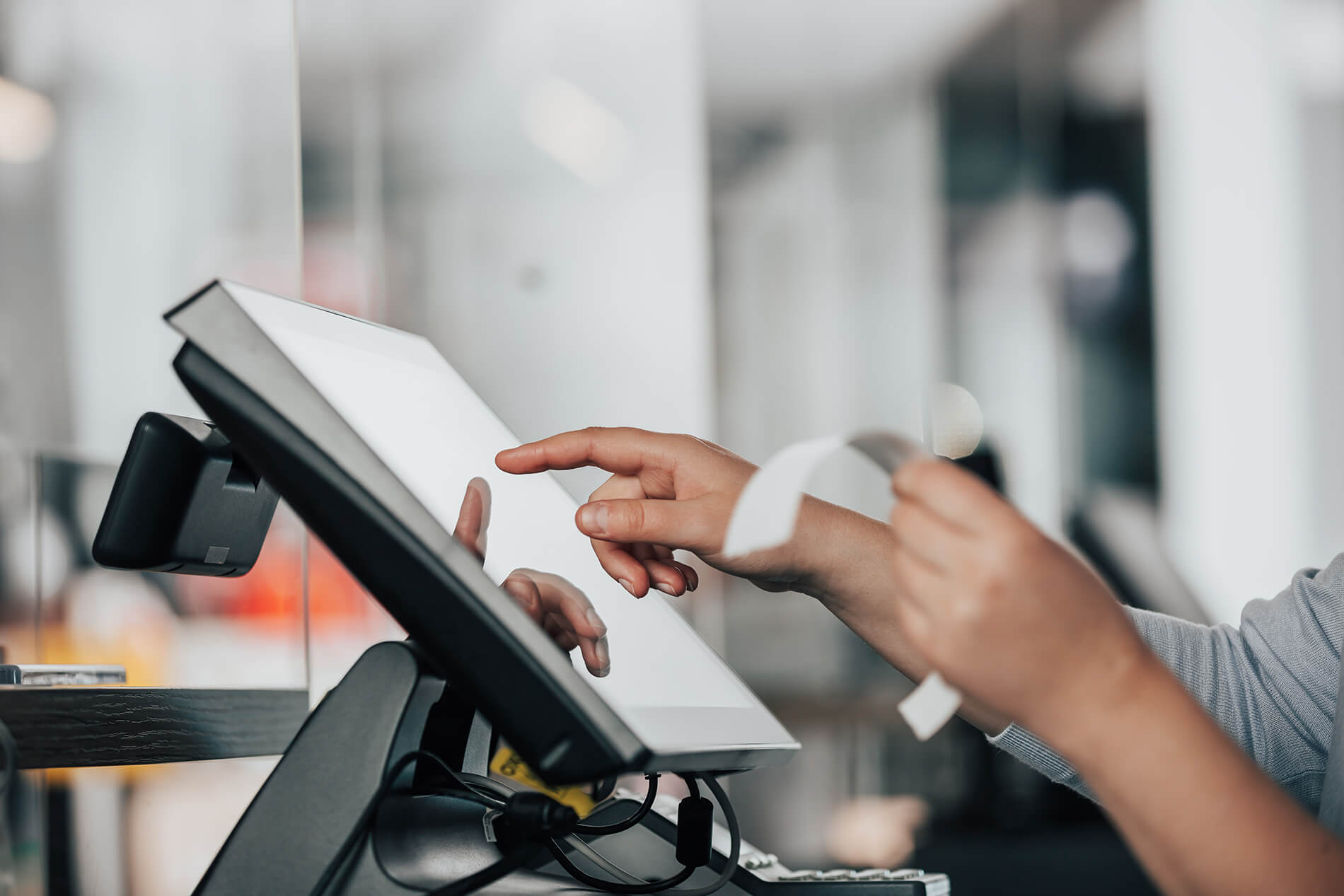
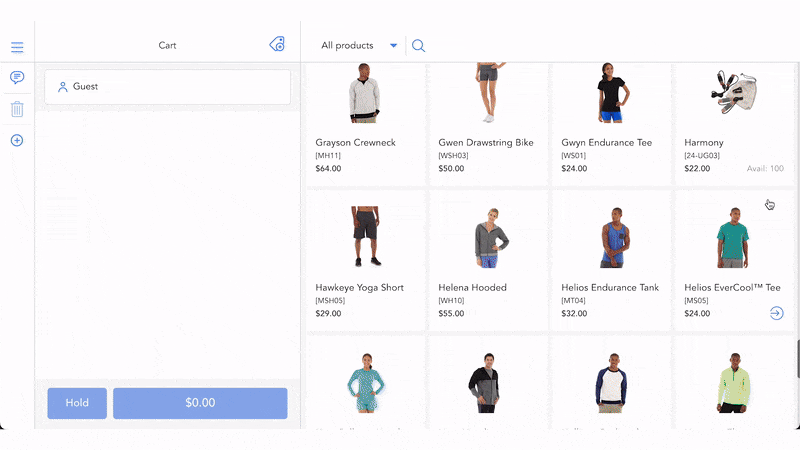


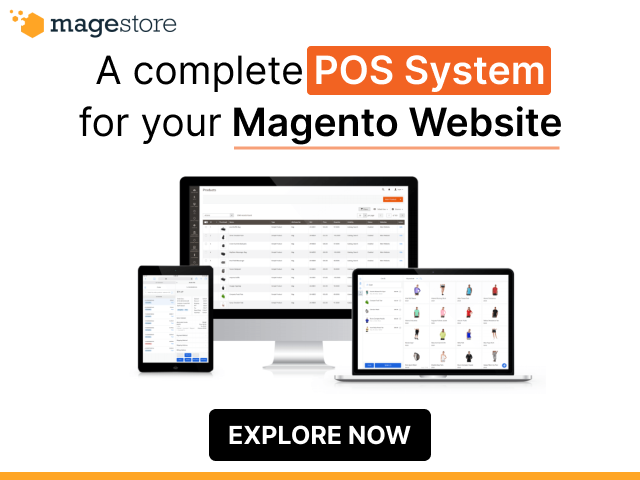
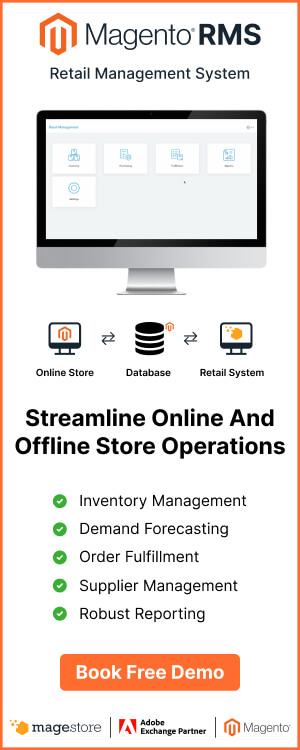






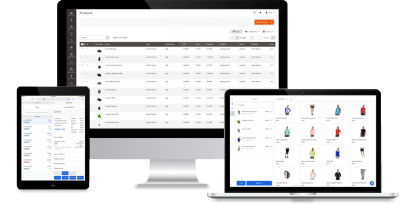

Thanks for pointing out that a POS system makes it simple for you to keep track of the cash that runs through your business. I’m thinking about opening a small store this year, so I should probably buy a good POS system for it. I’m going to look for a reputable business that can sell me a POS system.
It’s great that you mentioned how POS hardware could eliminate human errors as most of the manual steps are now done automatically and precisely. I joined my friend while she shopping yesterday and couldn’t help but notice how fast her checkout was despite the large amount of things she bought. I could definitely see why POS is such a convenient and effective tool and I’d like to keep it in mind if ever I get a business myself.
Nice content though very informative about point of sale system, you explained well about all key aspects of it. Great